As part of their entrenched power position, the British colonizers and later their Nehruvian successors have always tried to control the discourse on religion. Among other concerns, they have seen to it that the term "Hindu" got divorced from its historical meaning, which quite inclusively encompassed all Indian Pagans, in order to fragment Hindu society. In parallel with their effort to pit caste against caste, they have tried to pit sect against sect, offering nurture to the egos of sect leaders by telling them that in fact they were popes in their own right of full-fledged religions, equal in status but morally superior to Hinduism. Hindu revivalists have countered this effort by reaffirming the basic Hindu character of tribal Animism, Jainism, Buddhism, Sikhism and more recent reformist sects.
A more practical way of dealing with the question whether given sects are Hindu or not, is to study the specific claims made by the "separatist" ideologues of the communities concerned. When we do so, we find that Hindu revivalist critique has pin-pricked (though not yet exhaustively) some of the cheap modern apologetics by which community leaders want to affirm the uniqueness and superiority of their own tradition as compared to Hinduism. This is especially true of the number one selling argument of all non-Hindu or would-be non-Hindu religions in India: that they, unlike Hinduism, are egalitarian.
If a man is poor and without social position, or if he is the target of accusations and the object of contempt, he finds himself quite alone. Even his relatives avoid and disown him. And if later on his name is cleared and his good fortune returns, the fairweather friends will again come flocking to his company.
It takes little more than this very elementary psychology to understand anti-Hindu separatism among the offshoots of Hinduism. Nobody wants to get associated with a religion which is hated and held in contempt. Conversely, when a religious tradition or doctrine gains prestige, numerous people and groups will surprise you with their discovery of how they had essentially been espousing it all along. We can safely predict that the day when Hinduism is held in high esteem again, the Ramakrishnaites will echo Swami Vivekananda’s call to "say with pride: we are Hindus". On that day, Sikhs too will quote the Gurus’ pledges of loyalty to Hindu Dharma.
Given the clumsy performance of Indian governments and the Hindutva leadership, it is a miracle that there are any Hindus left at all. But somehow, without doing much, the Hindus or their Gods seem to get things done.
At the practical level, Hindus may explore the common ground with these borderline-Hindu communities, these "prodigal daughters", simply by doing things together. No matter if neo-Buddhists disown Hinduism but sit down to practise the Buddha’ s spiritual discipline; let Hindus sit down beside them and also practise what the Buddha taught. No matter if Sikhs refuse to visit non-Sikh Vaishnava shrines, Hindus will continue to visit Sikh Vaishnava shrines, and likewise to offer worship at the Mahabodhi temple, etc. Let the others call these places non-Hindu all they want; Hindus may claim them as their own simply by paying respect to them. Daughters may try to break away from their mother, but a mother cannot disown her daughters.


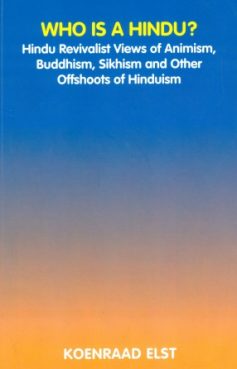
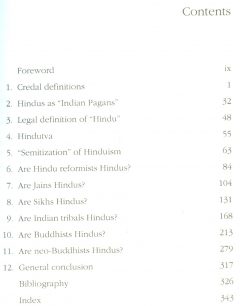
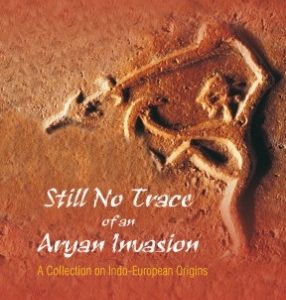


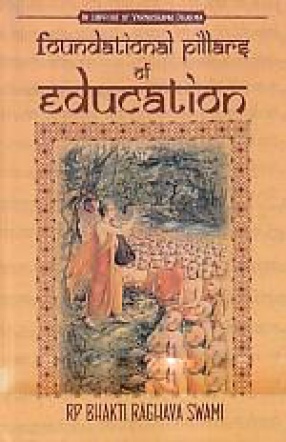
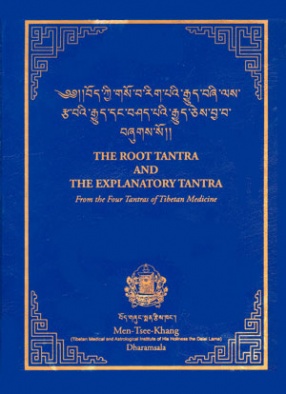

There are no reviews yet.